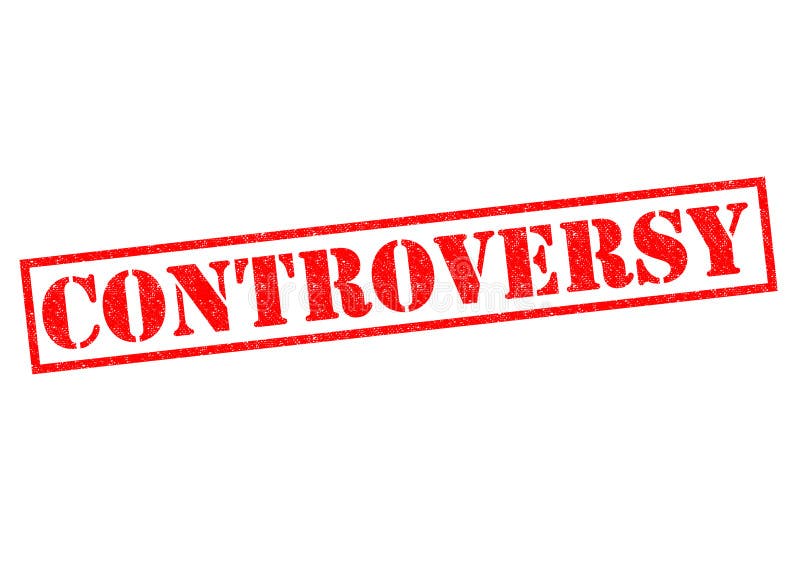Intelligence quotient (IQ) and intellectual coefficient (IC) tests have long been used as a means of measuring an individual’s cognitive abilities, but these tests have not been without controversy. Here are some of the most debated points about these types of tests:
Nature vs. Nurture
One of the main controversies surrounding IQ and IC tests is the debate over the extent to which they reflect genetic or environmental factors. Some argue that these tests primarily measure innate intelligence and are largely unaffected by environmental influences, while others believe that they are heavily influenced by factors such as socio-economic status, education, and cultural upbringing. There is evidence to support both sides of this debate, with some research suggesting that genetics play a larger role in intelligence while other studies have found that environmental factors can significantly impact cognitive abilities.
Standardization and Norming
Another controversial aspect of IQ and IC tests is the process of standardization and norming. These tests are typically administered to a large, diverse group of people in order to establish a “normal” distribution of scores and create a standard for comparison. However, there are concerns that this process may be biased, as it often relies on samples that are not representative of the entire population. As a result, there is a risk that certain groups may be unfairly advantaged or disadvantaged by these tests.
Predictive Validity
While IQ and IC tests are often used to predict future academic or job performance, their predictive validity has been called into question. Some studies have found that these tests are only moderately correlated with success in school or work, while others have found little to no correlation at all. This raises concerns about the utility of these tests as a means of evaluating individuals for academic or employment purposes.
Cultural Bias
Another concern with IQ and IC tests is that they may be culturally biased, meaning that they may unfairly advantage or disadvantage individuals based on their cultural background. For example, tests that are developed in Western cultures may be more difficult for individuals from non-Western cultures to perform well on. It is a result of differences in language, values, and cultural practices. This can lead to inaccurate or unfair results for certain groups of people.
Conclusion
While IQ and IC tests can be useful tools for evaluating cognitive abilities, they are not without controversy. Some controversy facts about IQ can go from the nature vs. nurture debate to concerns about standardization, predictive validity, and cultural bias. There are many factors to consider when interpreting the results of these tests. As a result, it is important to approach these tests with caution and to consider them alongside other methods of assessment.
